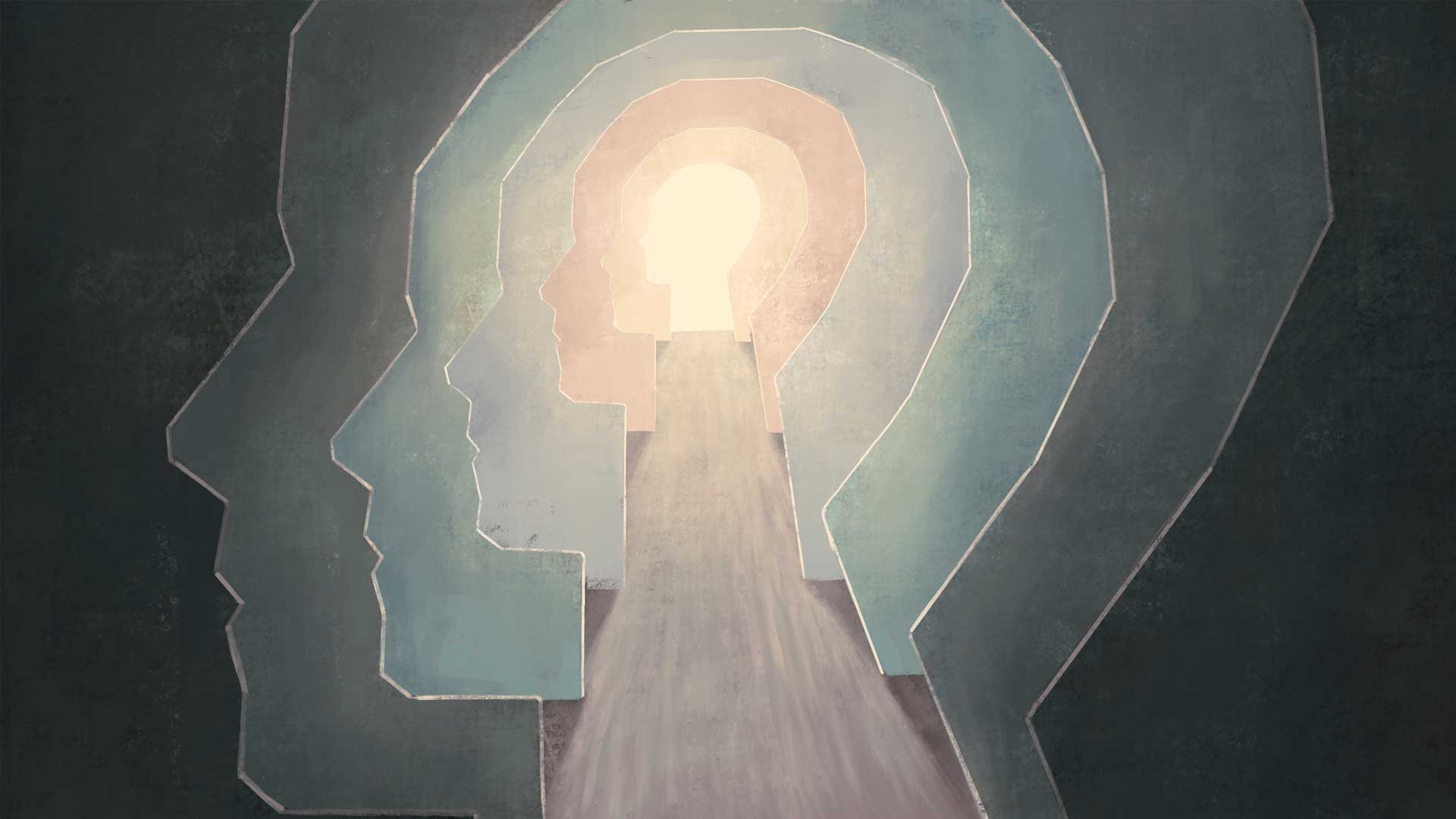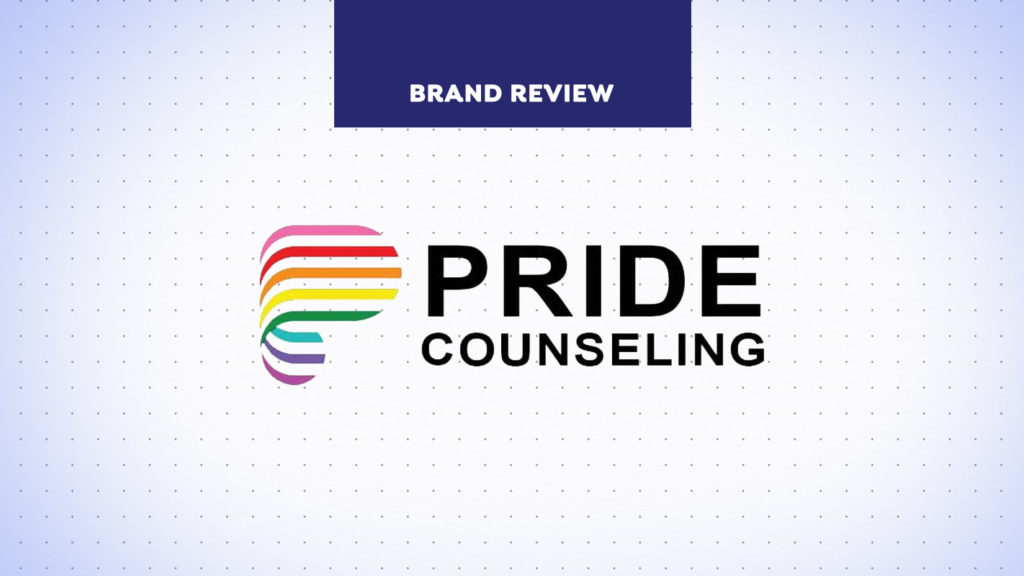
Promoting Mental Health in Seniors
A Comprehensive Guide for Families and Caregivers

Mental health has become hugely important as a public health topic over the last ten years. Our mental health affects how we think, feel, and act in everyday life. There’s one population that should be at the forefront of the conversation when it comes to mental health — seniors.
In recent years, things like the COVID-19 pandemic have disproportionately affected seniors both physically and mentally. There are several reasons behind this, including increased risk for conditions like depression, financial and physical barriers to mental health services, and lack of education around mental health — all of which are unique to older adults.
Mental health has such a big effect on quality of life that it’s important to take care of it, especially in your later years. There may be little things that you and your loved one can include in their daily routine that can make a huge difference in their mental health, at no extra cost. This guide will help you navigate some of the specific concerns, signs, and management techniques for mental health for older adults.
Find What You Need
Common Mental Health Concerns in Seniors
Several factors can influence which mental health concerns you may face. Your experiences, lifestyle, and even genetic history can all influence your mental health. For seniors, the following conditions are prevalent:
- Anxiety — This condition is the most common mental health disorder among adults and appears just as frequently in younger adults. Despite this, this condition is generally underreported and unrecognized among older adults.
- Severe cognitive impairment — This category includes cognitive impairment disorders like dementia and Alzheimers which do appear more frequently in older adults. However, it has been known to manifest during midlife for certain individuals.
- Mood disorders — This category includes depression and bipolar disorder. According to the CDC, depressive symptoms, in particular, can manifest more frequently with age, but depression itself is not associated with the aging process.
Risk Factors That Can Cause Mental Health Problems in the Aging Population
It is a myth that worsening mental health is a natural part of aging. Most likely this myth came about because older adults can experience more stressful, traumatic experiences that can lead to mental health issues, often on their own. These can include, but are not limited to:
- Increase in physical health problems or conditions;
- Side-effects from medications;
- Chronic pain;
- Social isolation;
- Significant changes in living arrangements;
- Hospital admissions;
- Coping with painful events such as deaths, health crises, and so on.
While some of the experiences can’t be avoided, there are ways that they can be lessened or handled that can help prevent long-lasting depression. For example, aging in place — which is when a senior can live out their elderly years in their own home — can vastly improve mental health and quality of life.
How Does Physical Health Impact Mental Health Among Older Adults?
Physical health and performance decline naturally as we age, but that doesn’t mean that makes it any easier. It’s important to note that each body will age differently, however, there are some common threads when it comes to physical aging that can have a pronounced toll on mental health.
Hearing Loss
According to Johns Hopkins, one in three adults over the age of 65 have some form of age-related hearing loss. This can be mild enough to be barely noticeable, or pronounced enough to need something like a hearing aid. There are also different types of hearing loss, such as:
- Sensorineural: Sensorineural hearing loss occurs when the hearing nerves become damaged.
- Conductive: Conductive hearing loss occurs when sound waves can’t pass through the middle ear. This is likely due to an obstruction.
- Mixed: As the name suggests, this is a combination of sensorineural and conductive hearing loss.
Other conditions that affect hearing, such as tinnitus, or constant ear-ringing, can also affect mental health. One study surveyed patients with tinnitus and found that they were more likely to report issues with depression, anxiety, and lowered self-esteem in comparison to patients without tinnitus. This correlation exists for a reason — hearing is a sense that we often rely on to navigate the world, and having it impaired, or even lost, can change the way we feel and navigate through the world.
Vision Loss
Similar to hearing loss, around one in three adults over the age of 65 will experience some kind of vision loss. This can be due to conditions like glaucoma, cataracts, or age-related degeneration. While there aren’t specific types of vision loss, the most common eye conditions that can lead to vision loss include:
- Refractive Errors: This is the most common type of eye problem, and occurs when the shape of your eye keeps light from focusing correctly on your retina.
- Diabetic Retinopathy: This condition is a diabetes complication. It’s caused by damage that diabetes does to the blood vessels of the retina. It can cause no or moderate symptoms, all the way up to complete blindness.
- Amblyopia: More commonly known as a lazy eye, this is a condition that causes impaired vision because of the inability of one eye to focus correctly.
- Strabismus: More commonly known as cross-eyed, this is very similar to amblyopia, with a specific focus on one eye turning in toward the nose. You may develop amblyopia or strabismus early in life, or as the result of nerve damage, such as that caused by a stroke.
Many of these conditions can be age-related, while others are brought on by lifestyle or genetics. Some are fixable via surgery or corrective eyewear.
Vision loss can have a huge effect on older adults’’ mental health, as it can impact their ability to be independent, such as driving for themselves, as well as severely restricting activities they might have once enjoyed, like reading. Because we rely so heavily on our vision, significant vision loss can be traumatic to older adults, especially if they live alone.
Mobility Loss
Mobility loss also poses real risks to a senior’s ability to be independent. Mobility loss in this case doesn’t just mean an inability to walk or move, but a decrease in the ability to ambulate freely. This could include:
- Needing a cane or walker;
- Loss of stamina for walking;
- Loss of balance or increased fall risk;
- Difficulty or inability to climb up and down stairs independently.
Mobility impairment can affect a senior’s ability to move about in public, and in their own homes. The loss of independence and deteriorating health are two of the biggest fears older adults have, which is why it’s so important to protect your senses as you age.
Signs and Symptoms of Mental Health Concerns in Seniors
Many signs of mental illness or struggles with mental health can be very subtle, so it’s important to know what to look for in you, or your loved one. Signs of mental health concerns in older adults may manifest differently than in a younger population because they have different lifestyles and experiences, as well as different patterns of behavior. The following are key things to look for if you suspect that you or your loved one is experiencing issues with their mental health.
Drastic Changes in Mood or Behavior
Aging can come with a change in countenance or behavior — to a certain extent. If you’re finding that your or your loved one’s personality has changed drastically, then it can be a sign of an underlying mental health condition. A “drastic change” in behavior or mood can include:
- Difficulty adjusting to or accepting major life changes
- Loss of interest in personal hygiene;
- Impulsive or aggressive behavior
- Reportings of a loss of purpose and independence
- Voluntary social isolation;
- Disordered eating.
If you notice these changes, you’ll want to talk to a primary care physician. They may want to conduct further diagnostic tools, or simply suggest lifestyle changes. This could include starting a new hobby, changing diet, or even getting a pet. These changes can alleviate loneliness and provide a sense of purpose in life.
Memory Issues
According to the Alzheimer’s society, 40% of all adults will experience some kind of memory loss after the age of 65. Some memory loss is normal with aging — acute or progressive memory loss can be a sign of mental health conditions. However, these symptoms aren’t exclusive to dementia. Bipolar and depression can also cause memory loss, as can traumatic events.
Being able to understand what is causing memory loss can relieve some stress, for both loved ones and older adults. It’s important to note that memory loss caused by an underlying condition rarely shows up on its own. Knowing the other signs of conditions like depression, dementia, and bipolar are important in seeking treatment and planning for the future.
Substance Abuse
Substance abuse is a serious condition, and even more so for older adults. They are at a higher risk for heart, liver, and lung problems as a result of drug abuse. Additionally, older adults are at a higher risk for opioid overdose due to the higher frequency with which they are prescribed for pain management in older adults.
Alcohol abuse can also be seen in older adults, as a way to cope with major life events that accompany the aging process. However, its abuse is especially dangerous among this demographic since aging can lower the body’s tolerance for alcohol — as well as its ability to bounce back. Prolonged substance abuse in older adults can result in permanent health conditions, including cancers, as well as worsen or create mental health conditions such as depression, anxiety, and antisocial behaviors.
Treatment and Care Strategies for Seniors With Mental Health Concerns
With proper care and treatment of mental health, older adults can overcome and manage conditions without issues. Many people within the healthcare sphere can help address mental health concerns, or guide you or your loved one to more suited resources. Some of these professionals even specialize in senior care, which can be important for some.
Who Treats Mental Health Concerns?
As mentioned, there are several medical professionals that you can seek out for mental health concerns. These include:
- Primary Care Provider: Your primary care provider can provide general tips for managing mental health, as well as referrals if you’re looking for more specialized care. Your primary health provider can also be a part of your medication management team if you are prescribed medication for any of your conditions.
- Psychiatrist: A psychiatrist is an M.D. who specializes in mental health treatment. Psychiatrists can provide a wide range of services for mental health concerns, most notably prescribing and managing new medications, such as antidepressants.
- Psychologist: A psychologist is someone certified to provide talk therapy, or other methods of therapy. They are not an M.D. and therefore cannot prescribe medication. A psychologist can be a therapist, researcher, or work in rehabilitation clinics.
You may reach out to different professionals at different times depending on your mental health needs. Additionally, several of these professionals can all collaborate on a treatment plan that will yield the best results for you and your loved one.
Where Can You Find Treatment for Mental Health?
There are several places where you can find treatment and support for mental health as a senior. Some of these include:
- Hospitals and Clinics;
- Telehealth;
- Health Hotlines;
- National and Federal Resources.
You can pursue any of these avenues as a way to navigate mental health issues, usually even without a referral or official diagnosis. Additionally, those on your care team may recommend any combination of these to improve symptoms of depression, anxiety, and other mental health disorders. It’s important to note that there are also several online apps and services, however, these may be harder for older adults to navigate if they don’t have a smartphone or reliable internet connection.
Paying for Treatment and Care
Because of the often higher need for treatment, there are several options out there for medical insurance and payment plans for older adult care. Most insurances cover mental health treatment, especially if you’re seeing a psychiatrist, as they are a licensed doctor. Medicare is specifically designed for adults over the age of 65. You can also buy private insurance, at a higher premium that may cover a wider range of costs.
If you don’t have insurance and can’t get it, many therapists offer sliding-scale payment, or payment plans. Additionally, local substance abuse meetings like AA are typically free for anyone who wants to attend.
Additional Mental Health Resources
The following resources can provide information and support surrounding seniors and mental health, for both older adults and their loved ones.
- National Council on Aging: The National Council on Aging (NCOA) has several resources for older adults, caregivers, and professionals in the geriatrics field. They are primarily an educational resource that also holds events for members.
- EngAGED: EngAGED is a resource center dedicated to fostering healthy social habits for older adults. They offer several educational resources for preventing social isolation, as well as events and research on the effects of isolation.
- National Adult Protective Services Agency (NAPSA): NAPSA is an organization that is committed to ending elder abuse and mistreatment. They offer reporting and advocacy services, as well as educational resources for older adults and their loved ones.
- Eldercare Locator: Eldercare is specialized care for older adults, and this locator can help connect seniors with eldercare resources in their area, including mental health resources.
- Meditation Guide for Older Adults: This meditation guide is specifically geared toward older adults, who may not know how to get started meditating. It also focuses on moving through some of the experiences and emotions of growing old, which can be helpful to seniors seeking mindfulness.
For every stage of life, it’s important to practice mental health maintenance — not just when trauma hits, but as a way to create health practices for yourself that can serve you well into your senior years. Furthermore, it’s never too late to start tending to your mental health. These resources prove that help is available if you can only reach out for it.
Content on this site is for reference and information purposes only. Do not rely solely on this content, as it is not a substitute for advice from a licensed healthcare professional. Aging.com assumes no liability for inaccuracies. Consult with your doctor before beginning any medications or programs.



